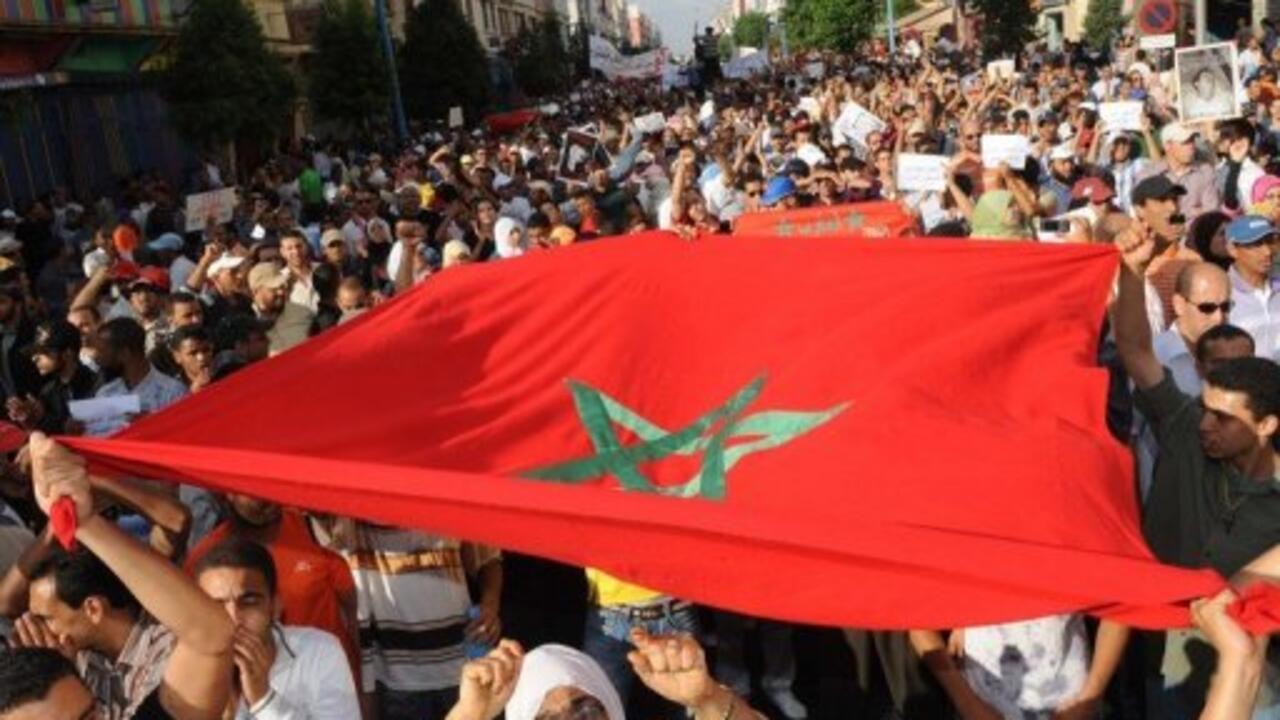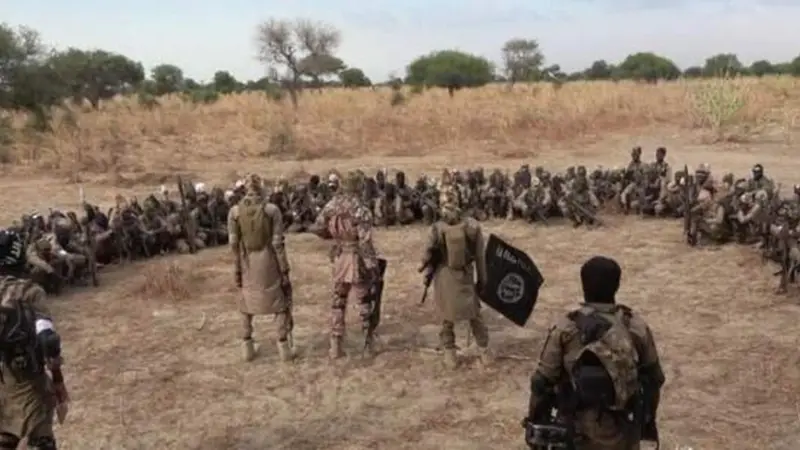Youth-led protests in Morocco have now entered their sixth night, with demonstrators in cities such as Casablanca, Rabat, Agadir, and Leqliaa demanding better education and healthcare and calling for Prime Minister Aziz Akhannouch to resign. The movement, known as Gen Z 212, spun up mostly through social media platforms like TikTok, Discord, and Instagram.
Young people criticize the government for spending billions on stadiums ahead of hosting world-class sporting events while basic services such as hospitals crumble and schools overflow. Investigations revealed eight women recently died at a public hospital in Agadir, an event which activists say highlights persistent medical neglect. Officials deny they prioritize sports infrastructure over public services, insisting many of the issues are inherited.
Grievances Fueling Discontent
Protesters describe overcrowded classrooms, underpaid and understaffed hospitals, and severe shortages of medical supplies. They claim regional inequalities make the situation worse: rural and southern cities often lack qualified doctors, working equipment, and basic infrastructure. Unemployment among young people reaches over 35 percent. Many cite corruption and lack of opportunity as additional grievances. Protesters chant “Health care first, we don’t want the World Cup” to contrast the government’s ambitious sporting infrastructure plans with the decay in public health and education.
Rising Tension and Violent Clashes
Over time, the protests have grown more intense. Police clash with crowds, arrests have exceeded 400 in many places, and dozens of people reported injuried. In Lqliaa, security forces used live ammunition in response to attempts by some protesters to seize weapons, according to the Interior Ministry. Authorities also accuse youths of property damage, looting, and attacking security infrastructure. Meanwhile, many protesters claim authorities responded with excessive force. About 70 percent of those arrested are minors. The number of injured security forces and civilians has ticked upward sharply.
Government Response and Promises of Reform
Prime Minister Akhannouch has called for dialogue and urged calm. Health Minister Amine Tahraoui acknowledged that the health sector suffers from long-standing problems. He described ongoing reforms, including new hospitals and upgrades to clinics, as part of a plan to address protesters’ demands. He also fired health officials responsible for Agadir’s troubled hospital. While these steps suggest acknowledgment, many protesters say progress remains too slow and reforms too superficial to meet urgent needs.
Conclusion
As protests spread, focusing on education and healthcare, the government faces increasing pressure. If leaders fail to deliver concrete, fast-acting changes, unrest may deepen. Gen Z 212 does not appear to have centralized leadership, which makes its demands harder to negotiate with but harder to suppress too. International observers are watching whether Morocco balances its global ambitions, such as hosting the World Cup, with pledges to serve its population better. For many youth, this moment represents more than protesting; it marks an assertion of dignity, fairness, and the fight for future opportunity.
Bonus Read: Heavy Rain Floods Lagos Island, Disrupts Lives and Traffic




One thought on “Morocco Youth Protests Demand Education and Healthcare Reforms”